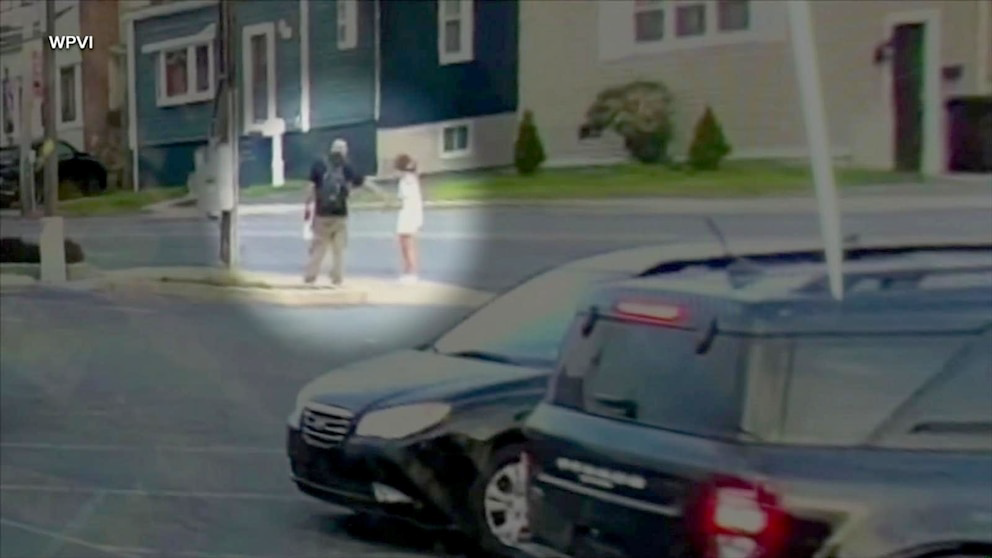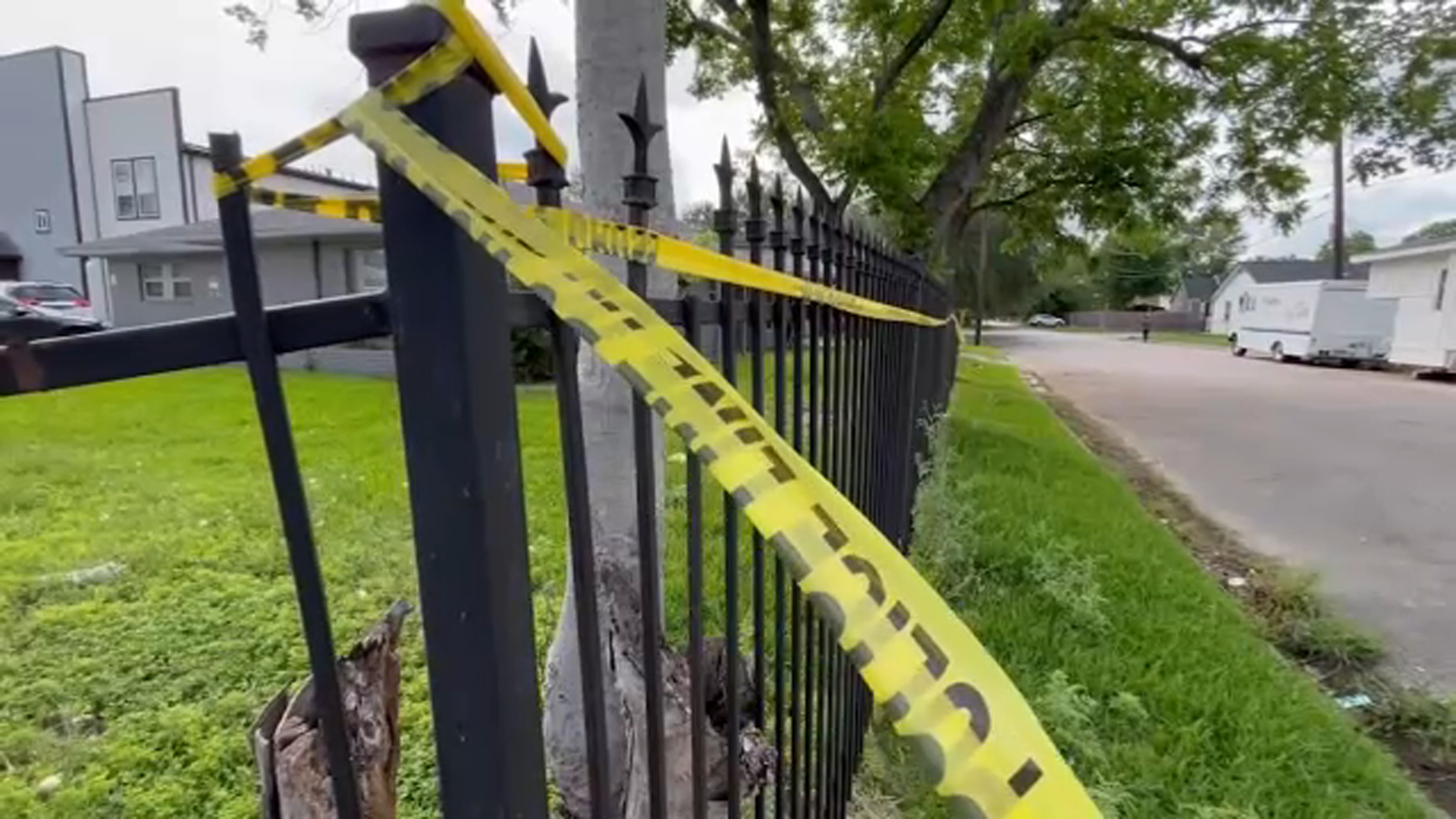Harris County commission votes to reduce 100,000-case backlog
HOUSTON, Texas (KTRK) -- On Tuesday, Harris County commissioners unanimously approved two measures to alleviate a massive criminal case backlog in Harris County. Commissioners voted to make improvements to technology, jury service and to add more judges.
About 100,000 criminal court cases are pending in the Harris County court system, which is a 40% increase from 2017. The backlog stems from Hurricane Harvey and was exacerbated by the pandemic.
The plan to reduce the backlog is multifaceted. It includes additional staff for the courts and technology upgrades.
"The first priority will be an investment in systems that will have the effect of taking a huge chunk out of the backlog in our court system," said Commissioner Adrian Garcia.
One of the technology investments includes a uniform body cam system, which supporters say would be a huge timesaver in accessing video and processing cases.
In addition to that, the plan includes $600,000 to expand jury services at NRG.
SEE ALSO: Local leaders pitch plan to clear backlog of cases amid violent crime rise
Harris County will soon see six additional associate judges to assist the 22 criminal district courts. There will also be additional visiting judges to support those associate judges.
Harris County District Attorney Kim Ogg said she supports reducing the backlog and adding judges but she said if they're adding judges, they also need to add prosecutors.
She'd like to see an additional 100 prosecutors.
"The proposal doesn't contain a dollar for a single new prosecutor, so it's being recommended by a middle management group that has clearly not understood that we're the moving party in criminal prosecution and that you can't set up a court with a clerk and bailiff and no prosecutor," said Ogg.
After bringing the issue to the commissioners' attention, they agreed that further discussions are needed concerning additional staffing in the DA's office.
How would bringing in associate judges work?
To bring on the associate judges, Hidalgo estimates it would cost about $1.26 million for the remainder of the year and $2.5 million for a full year.
"It's something that requires buy-in from the judges, so this is a challenge that we've posed to our justice administration department to the judges to say, 'OK, we have a problem. We need to solve it together. What are we going to do?" Hidalgo said.
Hidalgo said that under the agreement that was reached, the 22 district court judges would share the six associate judges to start, rather than assigning each district court judge their own associate judge.
"Oh we're very excited," said Judge Kelli Johnson, the Chief Administrative Judge of the Harris County District Criminal Courts. "We're going to take whatever we can get to help the drowning that we have over here with large amount of cases that's been compounded by one environmental catastrophe after another."
Judge Johnson said the District Court judges have a committee set up to conduct interviews, find office space, and provide support to get the associate judges moving.
She pointed out that the associate judges will not be able to hold trials, but will help move along the massive amount of pre-trial work needed to get cases in front of juries.
"The main thing is to a person affected on either side is justice, right?" Everyone wants their case to be heard as quickly as possible and that's what's been so hard for us as judges," said Johnson.
Hidalgo added they plan to collect the data from that program to determine the impact and if the judges actually use them.
There was no definitive timeline for launch, but Hidalgo said ideally they would want to move on the effort in a matter of months.
The associate judges would tackle the most violent cases that have been in the backlog for the longest, Hidalgo explained.
"Really it's a manpower issue. Help plow through this enormous, 100,000 cases in the backlog," she said.
Part of the plan would also be to implement a dashboard so that clearance rates on the backlogged cases across all the various courts can be tracked. Still, there was no answer at this time on how long it would take to clear the 100,000 cases.
How will that $14.8 million be spent to help public safety?
Commissioner Adrian Garcia spoke specifically about the new $14.8 million proposed investment. He outlined how the money would be used:
The "ShotSpotter" tool has already been in use in the Aldine area, Garcia said. Under his plan, the hope is to place the tool in new neighborhoods.
Funding for several of these proposals will come from excess funds allotted to constables' offices that have been unused.
Hidalgo's office said it informed the constables' offices to use their funding, instead of rolling it over year to year.
However, some of the funds remain unspent, and Harris County officials wanted to put the money toward crime reduction efforts right away.
More from 13 Investigates: How quick crime fighting uses tech to pinpoint shooting suspect











